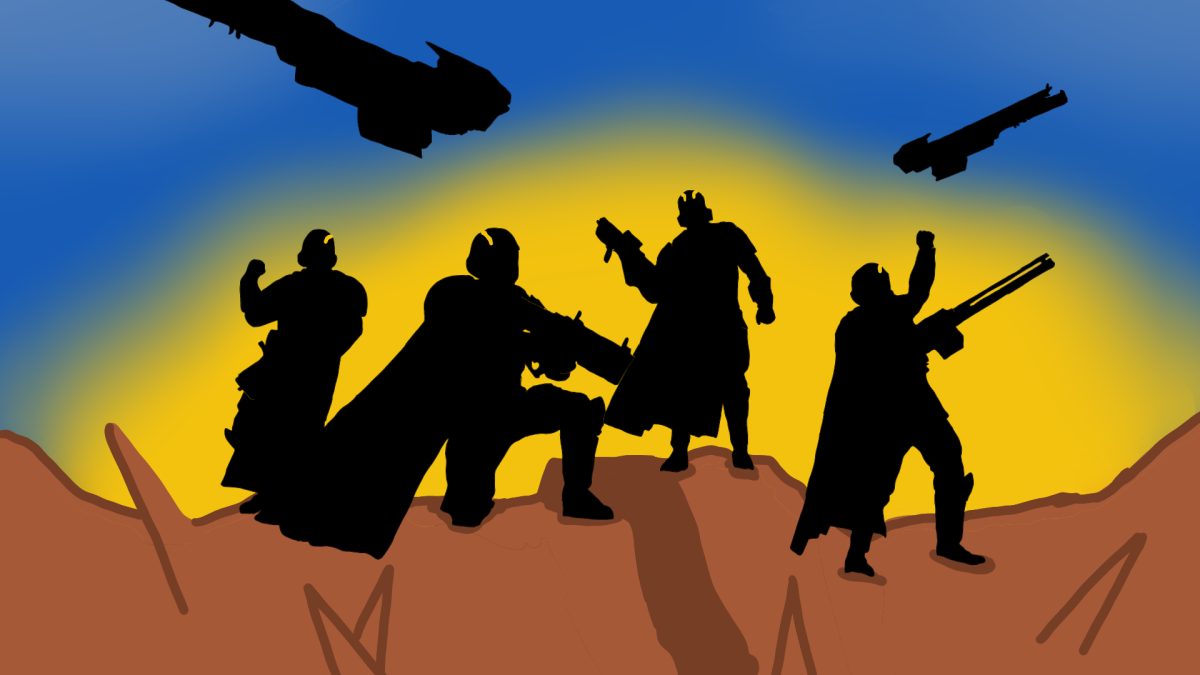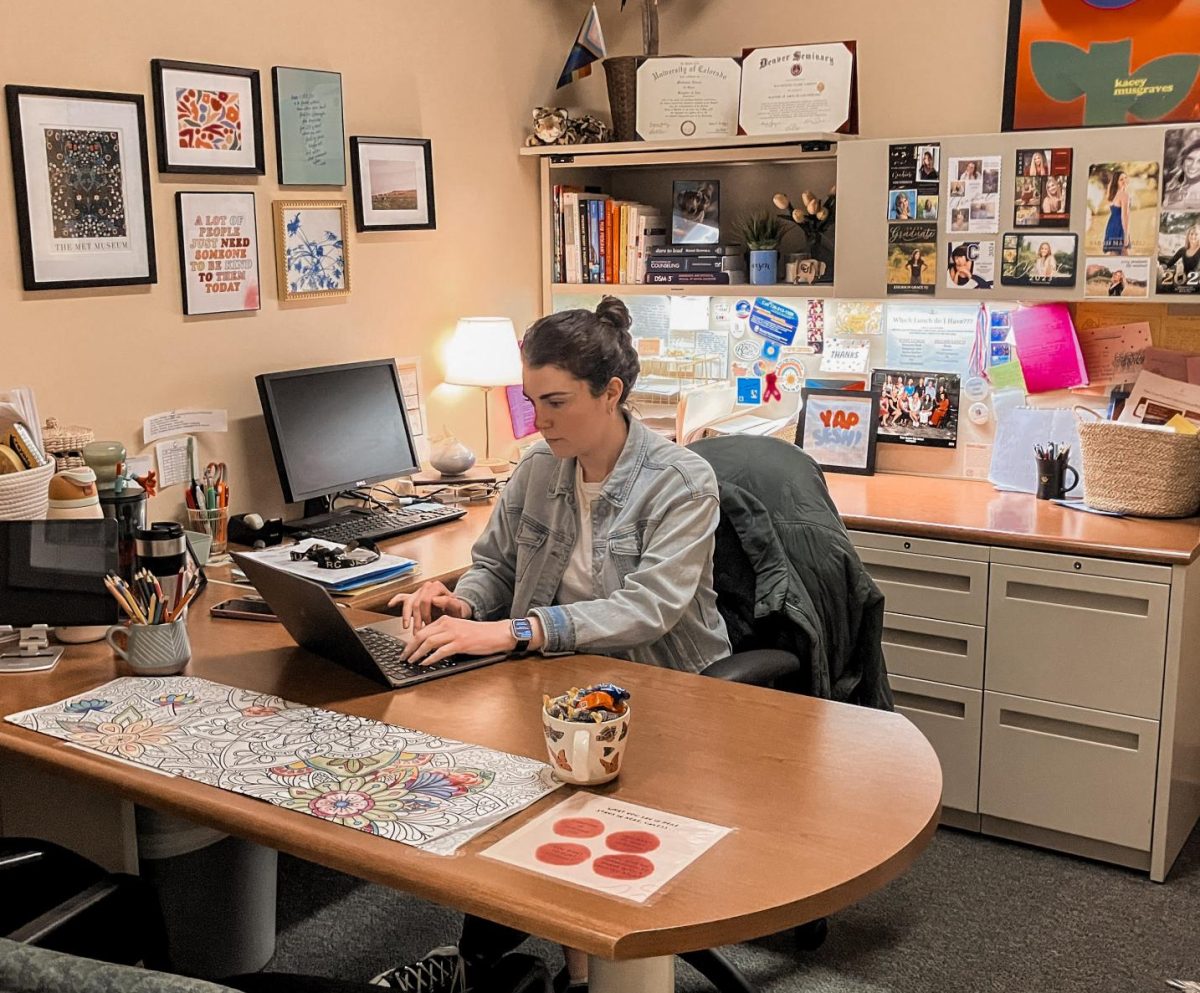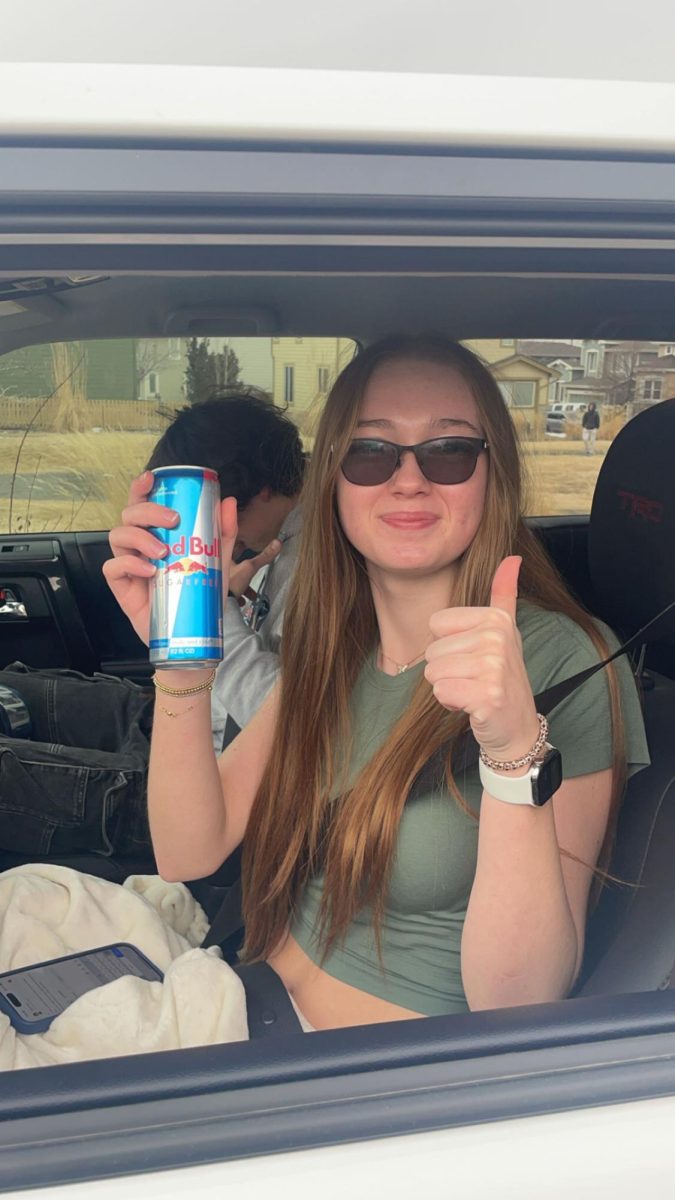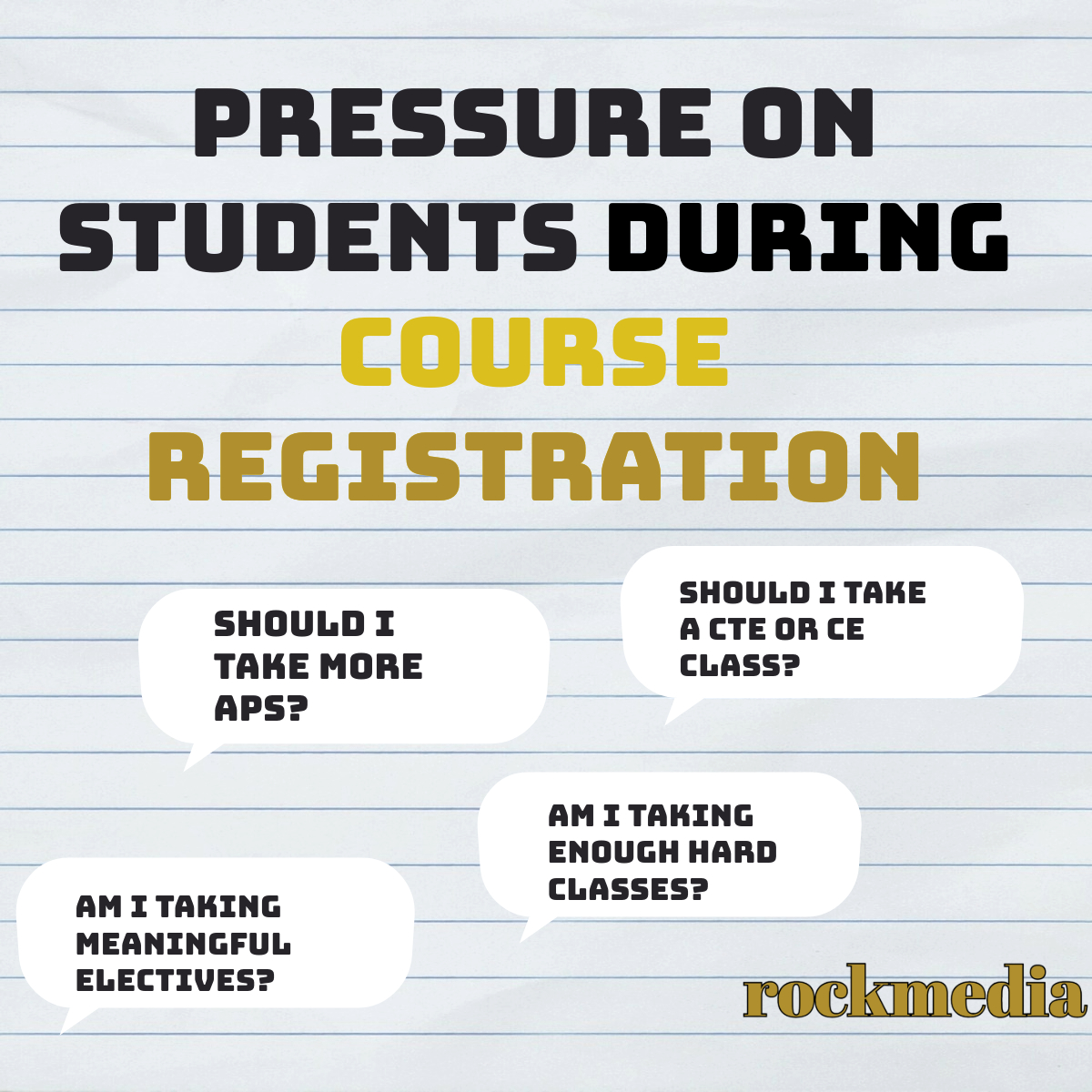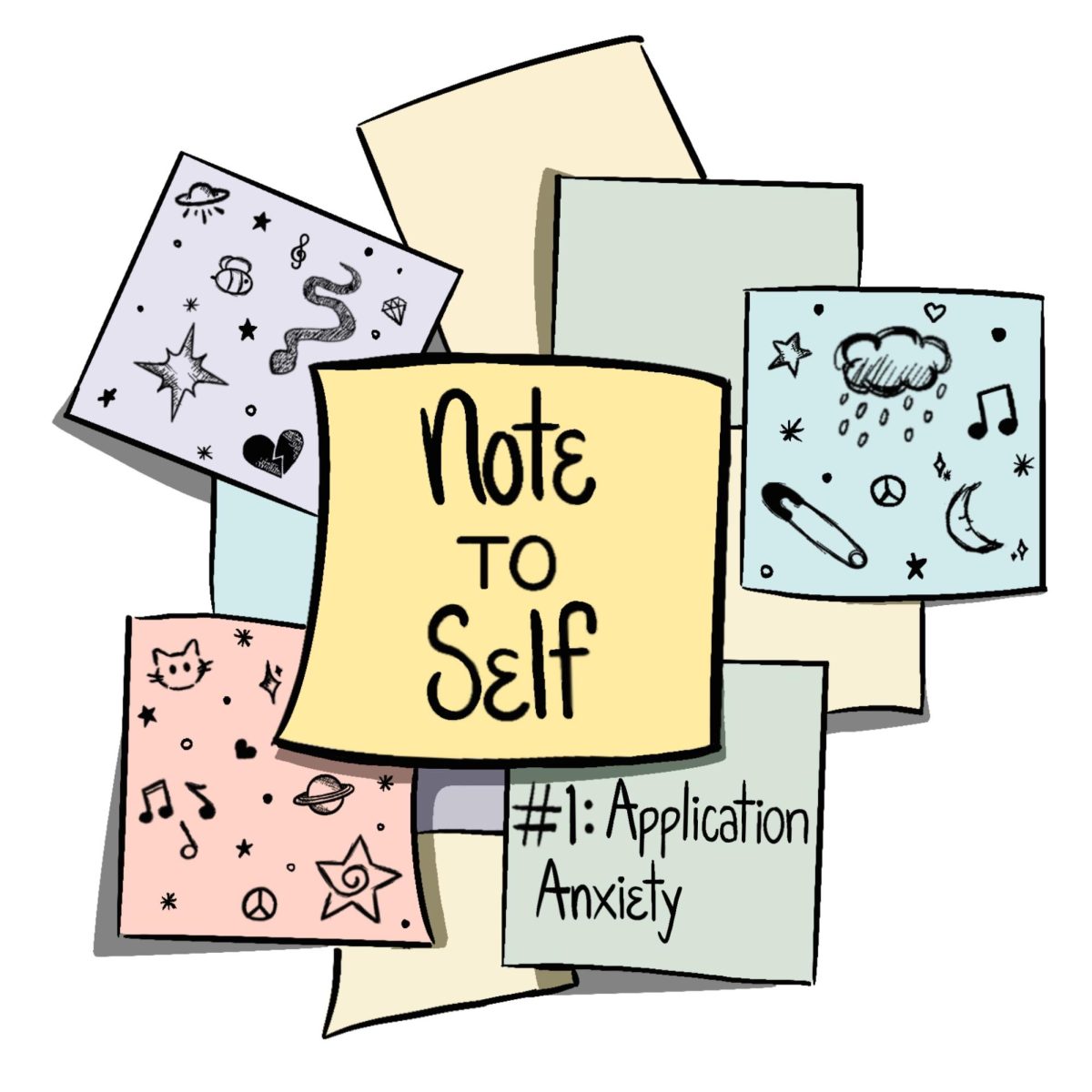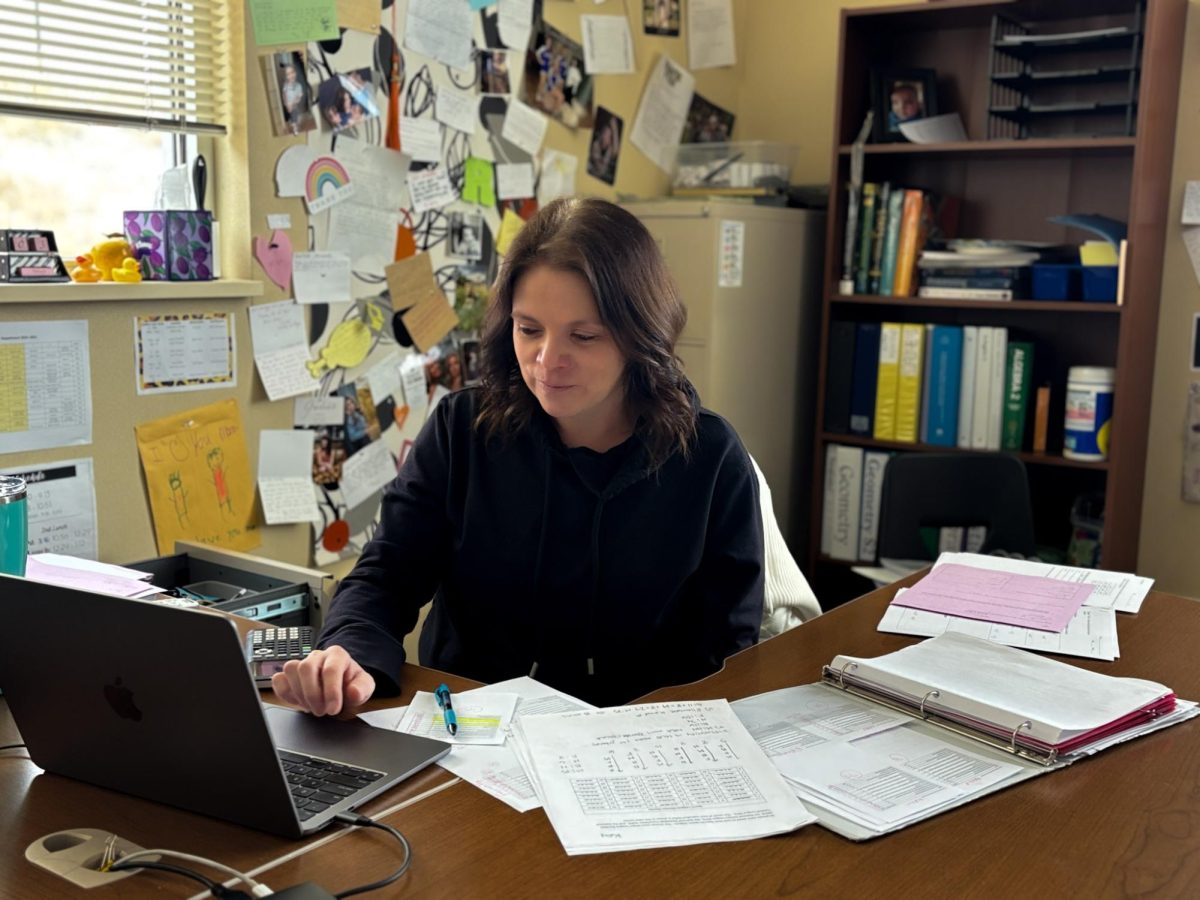In Colorado high schools, security personnel, often known as School Resource Officers (SROs) or Campus Security Officers (CSOs), are tasked with maintaining a safe and secure learning environment. Their responsibilities include patrolling the school grounds, controlling access, responding to emergencies and building positive relationships with students.
At school, the security team comprises experienced professionals who work behind the scenes daily to ensure students and staff feel safe and supported. Many of them come from careers in law enforcement, and all of them are here to protect the community.
Patrolling and Perimeter Security:
Security officers regularly patrol school grounds, buildings and surrounding areas to deter crime and unauthorized entry, ensuring that access is limited to authorized entry points and monitoring for suspicious activity. They also monitor student behavior during and between classes, at events and in common areas such as hallways, the gym and the commons.
“I make sure no kids are doing what they’re not supposed to be doing in the bathrooms, making sure the seniors and juniors have a parking spot and making sure that teachers, staff and kids are safe throughout the day,” Campus Security Specialist, J.T. Adams said.
Tony Archuleta, a recent addition to the school’s security team, brings decades of law enforcement experience to the school.
“I recently retired from the Arapahoe County Sheriff’s Office after 28 years as a Deputy Sheriff. I’ve worked with Mike [Campus Security Specialist Lead] for about 20 of those years, and when he told me there was a position open here, I thought it’d be a great opportunity to start something new,” Archuleta said.
After retiring from a distinguished career in law enforcement, Archuleta found himself seeking a new opportunity. He shares his thoughts on this new chapter:
“I’ve been at Rock Canyon for about a month and a half, and everybody here has been great, accepting and welcoming. I enjoy the atmosphere,” Archuleta said. “I like to interact with all the students. I enjoy being a part of the school and I hope to continue to be here for many years.”
Controlled Access and Visitor Management:
They regulate entry and exit points, granting access only to authorized individuals, including students, staff and visitors. Security guards also monitor and verify visitors, ensuring they sign in and receive proper identification before entering the school.
“I make sure all the doors that are supposed to be locked are locked, and make sure all the bathrooms and hallways are in order,” Adams said. “Just to make sure everybody’s doing okay.”
Mark Moran, who has been working at the school since just after the coronavirus lockdowns, reflected on how he joined the team.
“Next year will be my fifth year here. Before this, I worked in corporate, and I came to Rock Canyon because Mr. Abner asked me to join the team after the COVID year,” Moran said.
Enforcing School Policies and Procedures:
In addition to maintaining security, officers assist administrative staff in enforcing school policies and procedures for a safe and orderly environment. This includes investigating student violations of school policies, detaining students who violate the law or school rules, and serving as a witness in student conferences, disciplinary hearings and court proceedings as needed.
Michael Mollerud, the Campus Security Specialist Lead, oversees many of these responsibilities.
“I’ve been here since last April, so about a year now. I’m the Lead Security at Rock Canyon. After I retired from law enforcement, I thought this would be a great way to stay involved with the community,” Mollerud said.
Emergency and Crisis Response:
Security officers are trained to respond promptly to fires, medical emergencies and active shooter incidents. They provide immediate assistance, offer first aid if needed and coordinate with law enforcement officials.
“One of the kids came and got me—one of his friends had passed out in the parking lot,” Adams said. “I wasn’t even looking for him, but he found me. We got to the main office to get a wheelchair and got him the help he needed.”
Moran also recalled a high-stress emergency early in his time at Rock Canyon.
“Our first year back from COVID, we got a report of someone in the parking lot with a weapon. It turned out not to be a weapon, but we had to shut down the building. That was intense.”
Deputy Mark Adams, the school resource officer, underlined the importance of his role in emergencies but also emphasized the deeper purpose behind it.
“My overall main responsibility is to ensure the safety and security of the students at the school,” Deputy Adams said. “But other parts of that work into it—acting as a mentor, counselor, and helping with education.”
Special Event Coverage and Traffic Control:
Security officers provide coverage at athletic events, special gatherings and board meetings, ensuring that events run smoothly and safely. They assist with traffic control and parking enforcement, especially during peak times, to ensure smooth traffic flow and efficient parking. The security team has recently changed their vehicle from a golf cart to a new security car for more efficient work.
“I oversee four to five other security staff and make sure we have all positions covered for the safety and security of the building. I also interact with students throughout the day,” Mollerud said.
Building Relationships and Communication:
Perhaps the most vital, yet often unseen, part of a security officer’s role is building strong relationships with students and staff. Knowing students by name, recognizing their personalities, and keeping an open line of communication are key to maintaining trust and preventing issues.
“Kids are pretty good here compared to where I come from,” Adams said. “It’s amazing. School administration is good, the teachers, the kids, the environment—it’s a great school with spirit.”
“I see a couple of kids that were here maybe seven or eight years ago,” Adams said. “One day, I came into the weight room during class and put 405 pounds on the bar and lifted it with no warm-up. They still remember that. Every time they see me, they bring it up.”
Mollerud spoke about how connection is key.
“We have about 2,400 students here, and it helps when everyone is aware and involved. Everyone has two eyes, and the more people watching out for each other, the better. It’s important that students know we’re here and doing our job,” Mollerud said. “It’s important to get to know the students and their behaviors. When you build rapport, you can recognize when something’s off or when a student might need support. Just talking to them and being present makes a difference.”
Mollerud emphasized the value of visibility and connection when it comes to campus safety, noting how relationships can make all the difference in spotting when a student might need help.
“Even though I’ve only been here a year, I’ve built a strong rapport with a lot of students. That’s what makes my day—it’s really good getting to know these kids,” Mollerud said. “Sometimes the job is easy, sometimes it’s hard—but we’re here for one purpose: to keep you safe. That’s what it’s all about.”
Moran also emphasized the importance of connection.
“I try to learn students’ names—like Chloe, Angelica, Eric—so I can call them by name and check in with them. If I learn someone’s into cars or volleyball, I use that to connect. It helps build trust,” Moran said.
For Moran, those personal connections often lead to meaningful conversations long after the initial interaction.
“There are a couple of students who struggled as freshmen, and they’ve come back to talk to me and even apologized for how they acted. That really touched me. It meant a lot that they felt comfortable enough to come back and share that,” Moran said.
For Deputy Adams, approachability isn’t just part of the job—it’s what allows him to build deeper, more genuine connections with students.
“Even though I have all this gear on, I’m almost like a big teddy bear—you can come talk to me,” Deputy Adams said. “I’m here to have fun, talk with the kids, and get to know them. Just feel at ease—come up and chat.”
For Adams, that approachability opens the door to more meaningful conversations, creating a safe space for students to share personal struggles.
“People can come to me and talk about personal issues, or even if they’ve done something wrong in the past,” Deputy Adams said. “I don’t judge. I don’t hold anyone’s past against them. I’m here to help them work through that stuff and hopefully help provide the next steps.”
Other Duties:
Security officers may assist with the organization and distribution of student lockers and locker searches or provide support to students facing personal or family issues. They may escort students, staff and visitors for safety and assist in the development and implementation of school safety and security plans.
Mollerud also praised the school culture.
“There are great resources here—medical, law enforcement and staff. Any time I’ve dealt with something, like a medical situation, it’s been handled really well,” Mollerud said.
“Students can be challenging sometimes, depending on what they’re going through,” Mollerud said. “The hardest part is getting through to them and building that relationship—but it’s also the most important part.”
The school security website, Rockcanyonjags.com, provides information about the school’s security team and offers ways to reach out for help, including the Safe2Tell program. Safe2Tell is modeled after the Student Crime Stoppers program. It enables students, teachers, parents or anyone else to report information about a crime that has already occurred or one they are concerned may happen. Reports can be submitted through an online form, via the Safe2Tell app, or by calling the toll-free hotline at 877-542-SAFE within the state of Colorado.


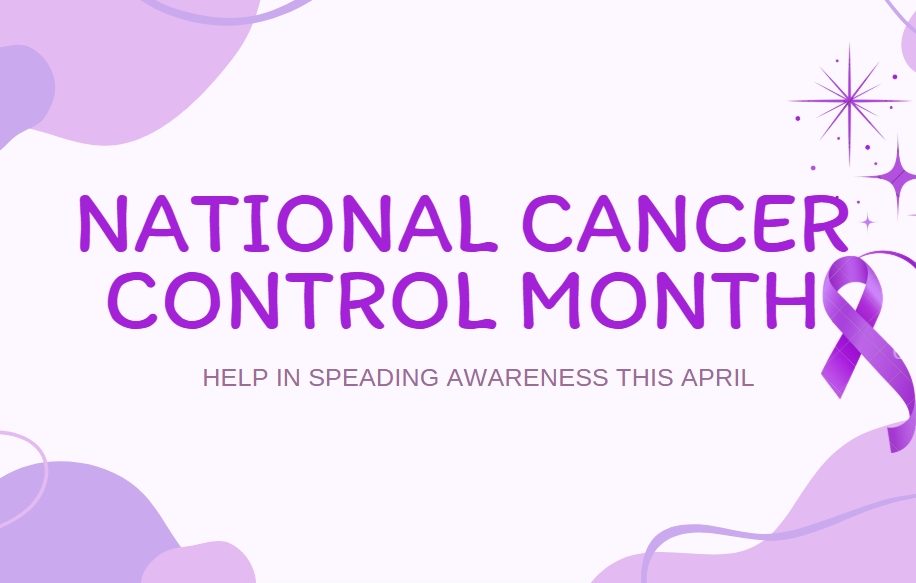


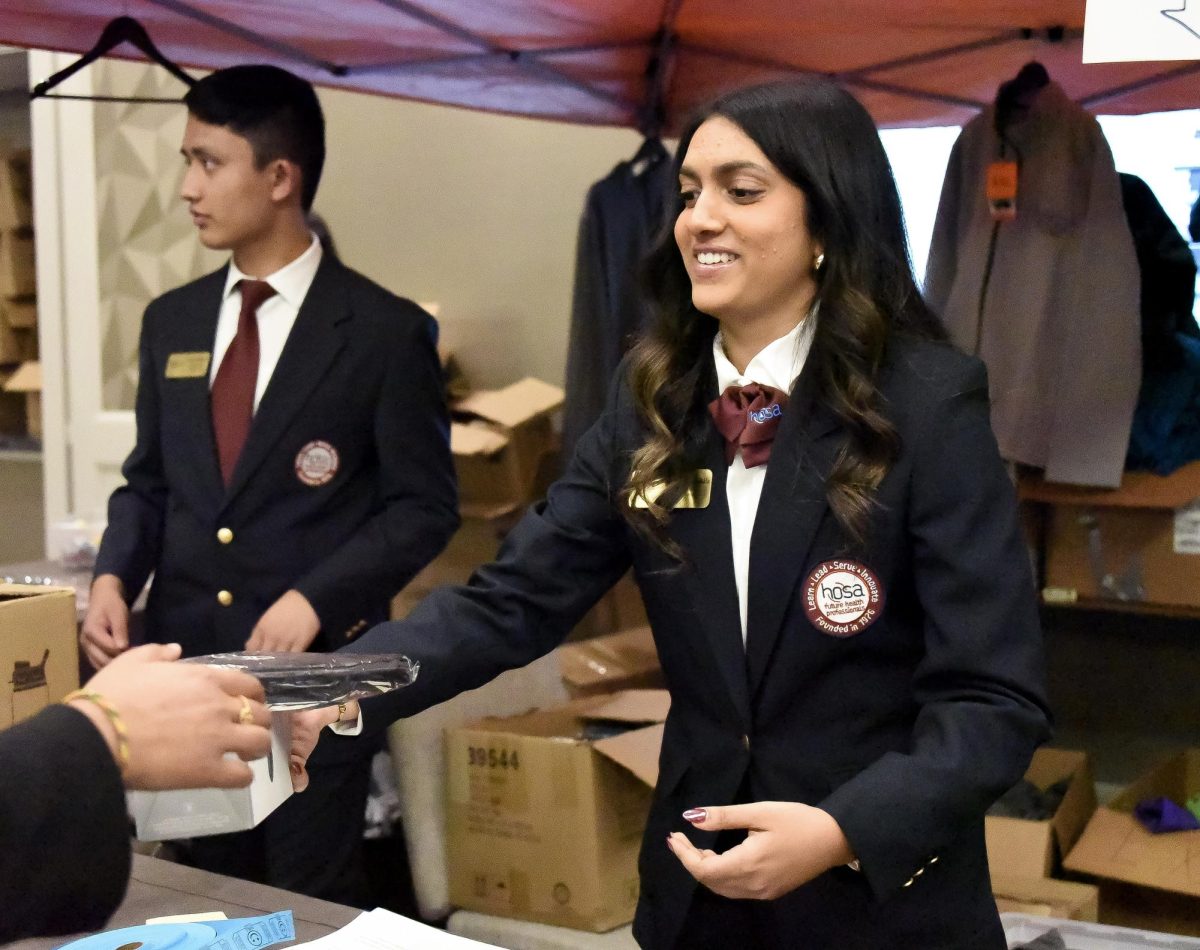
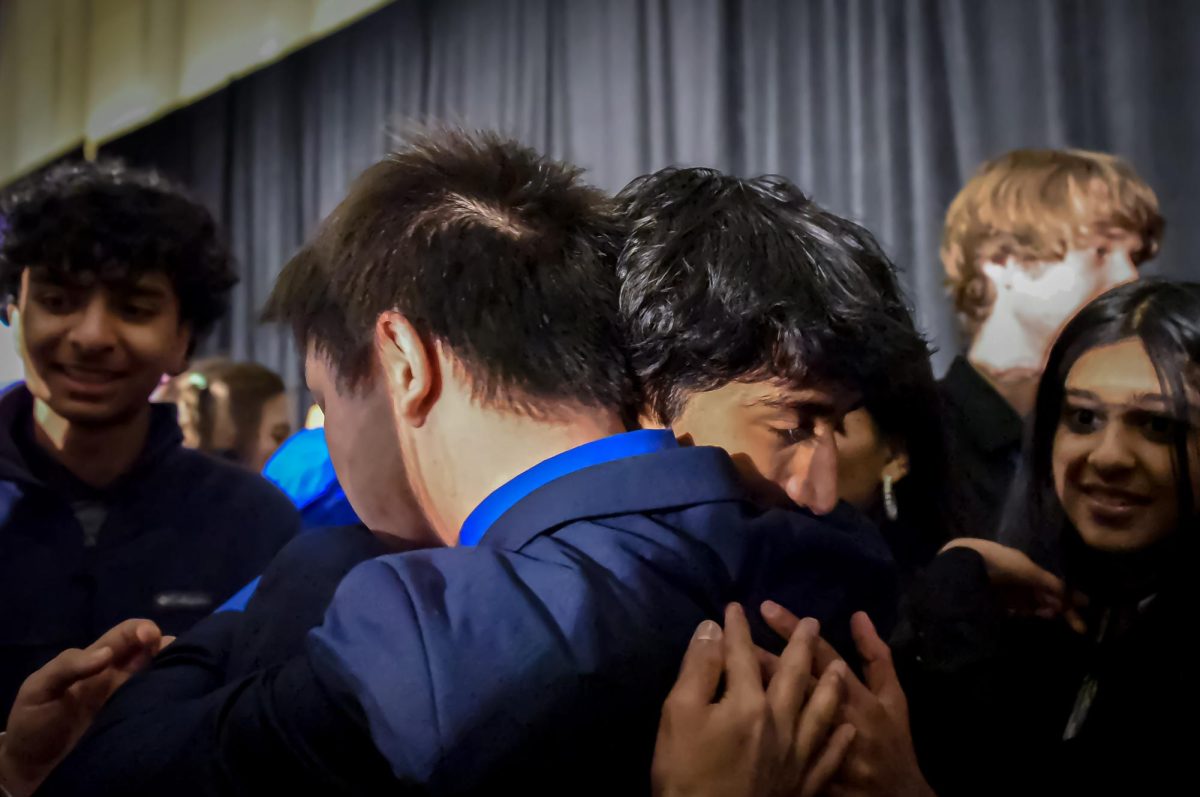
![The winter guard team makes fifth place at the state championship finals in the Denver Coliseum, March 30. The team performed to Barnes Country's “Glitter and Gold,” lead by coaches Margo Sanford, Blair Bickerton and Anna Orgren. In their class there were a total of nine groups participating, and the top five who made it to finals received a plaque. “[Walking onto the stage] is very nerve-wracking, but also very exciting as well. When you first start color guard there's a lot of anxiety and uncertainty when you first perform in front of an audience, but once you've done it for a while, it starts to become the best part of the season,” Ella West ‘25 said. “It's very fulfilling to see an audience react to something you've put your heart and soul into.”](https://rockmediaonline.org/wp-content/uploads/2025/04/Both-socal-media-nd-website-main-1-1200x846.jpg)

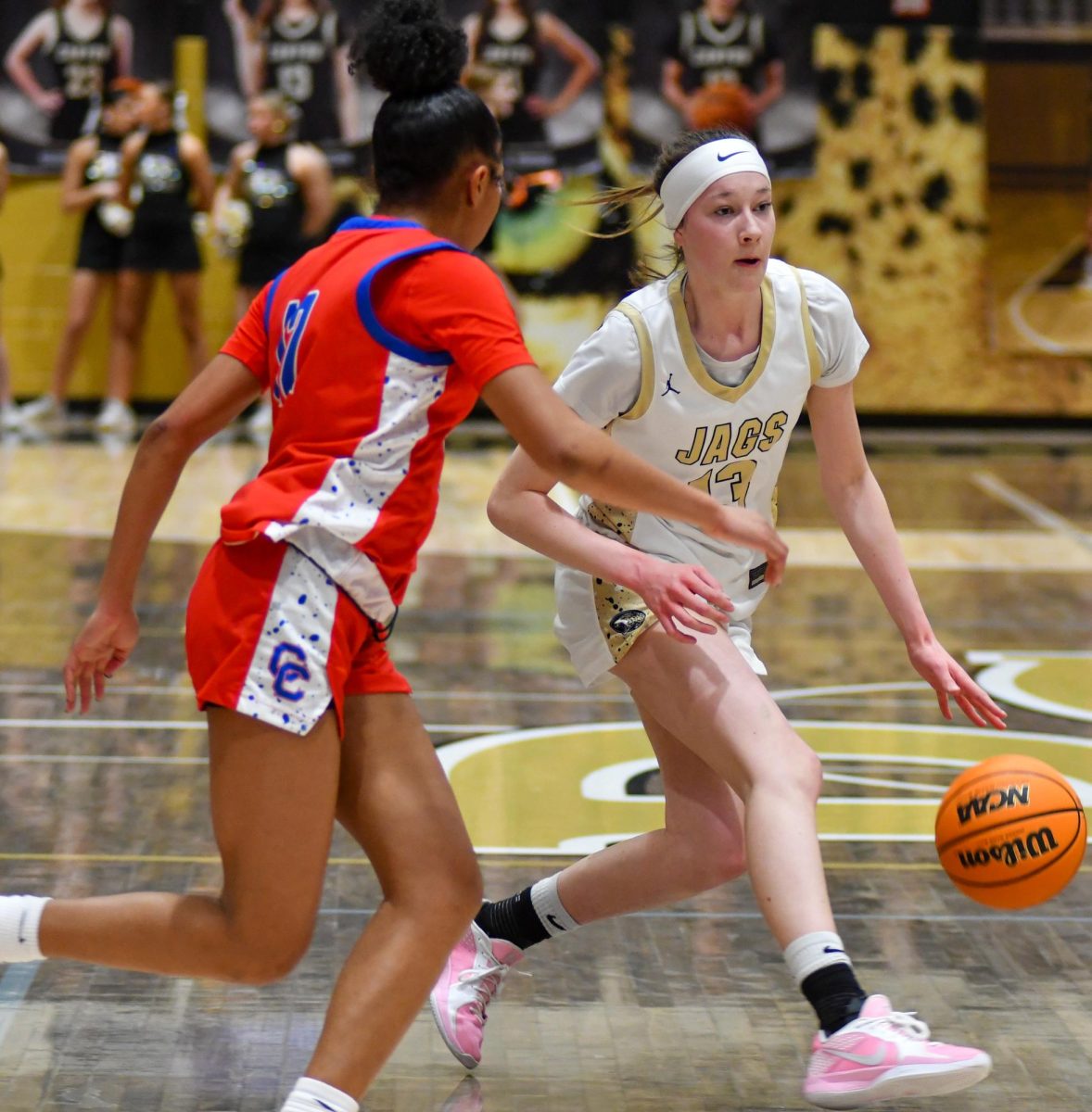
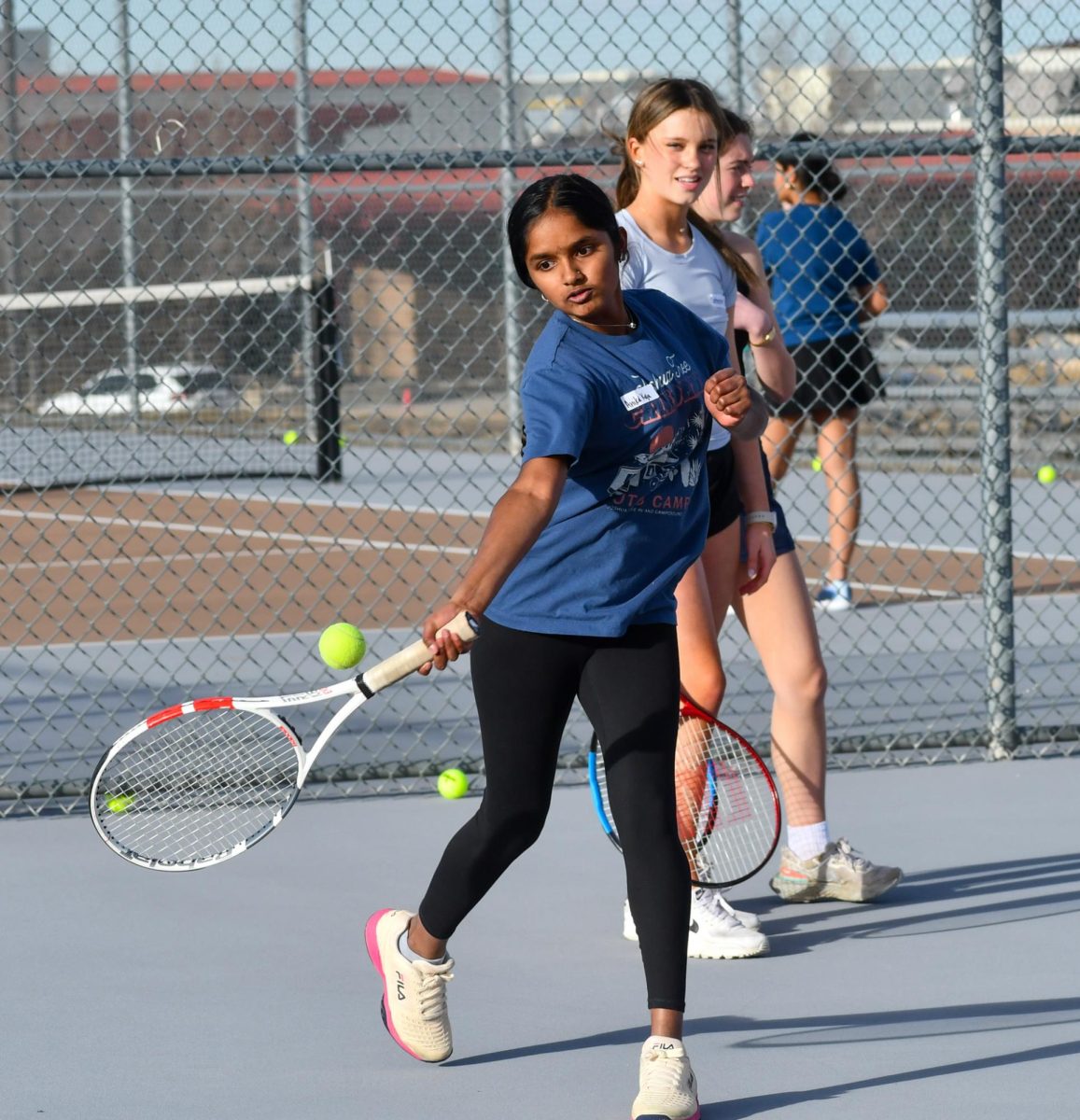
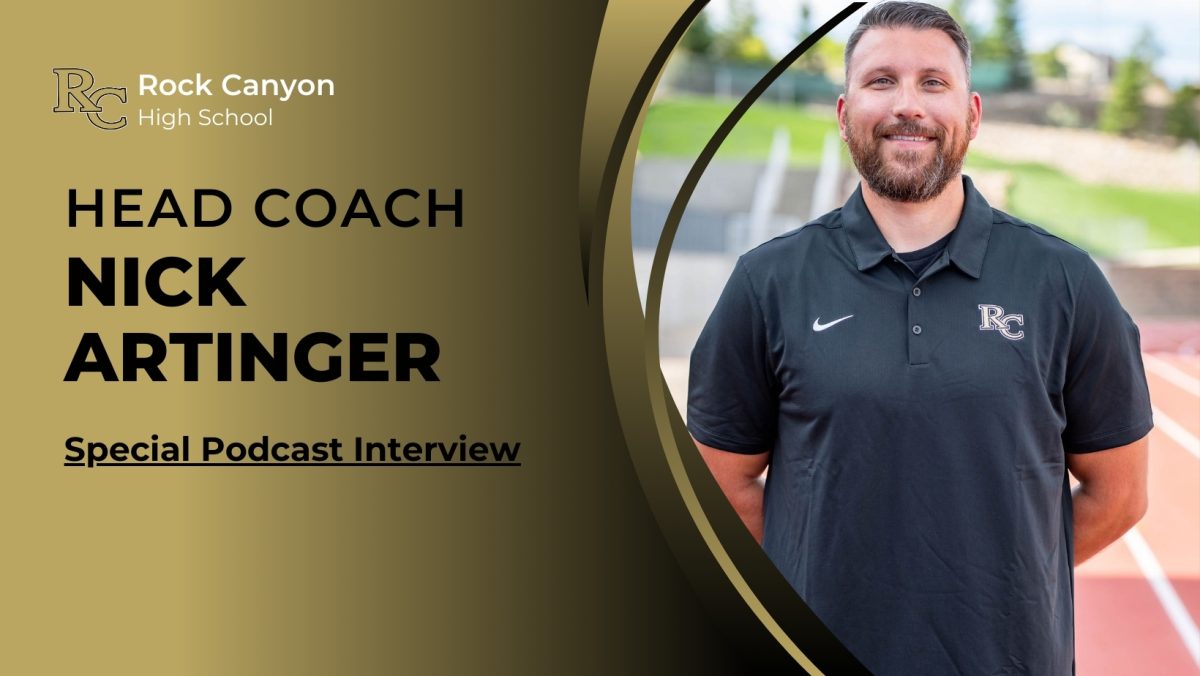
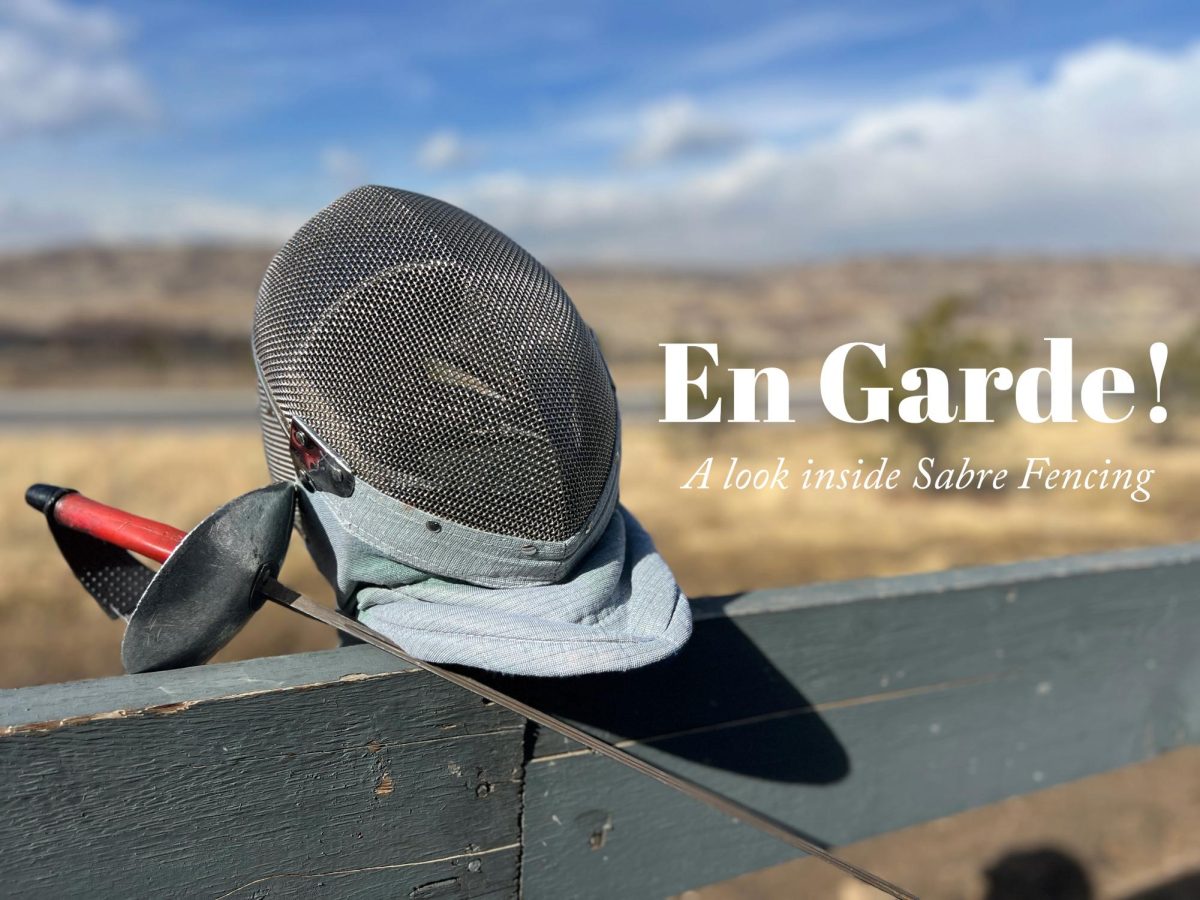
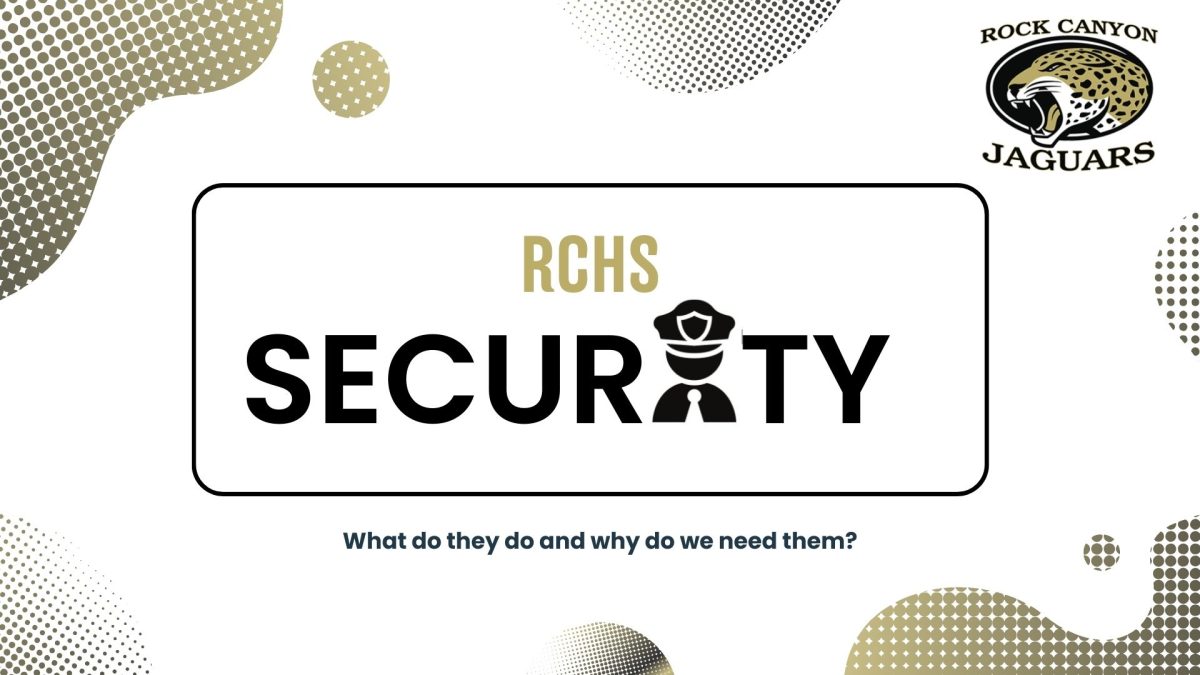
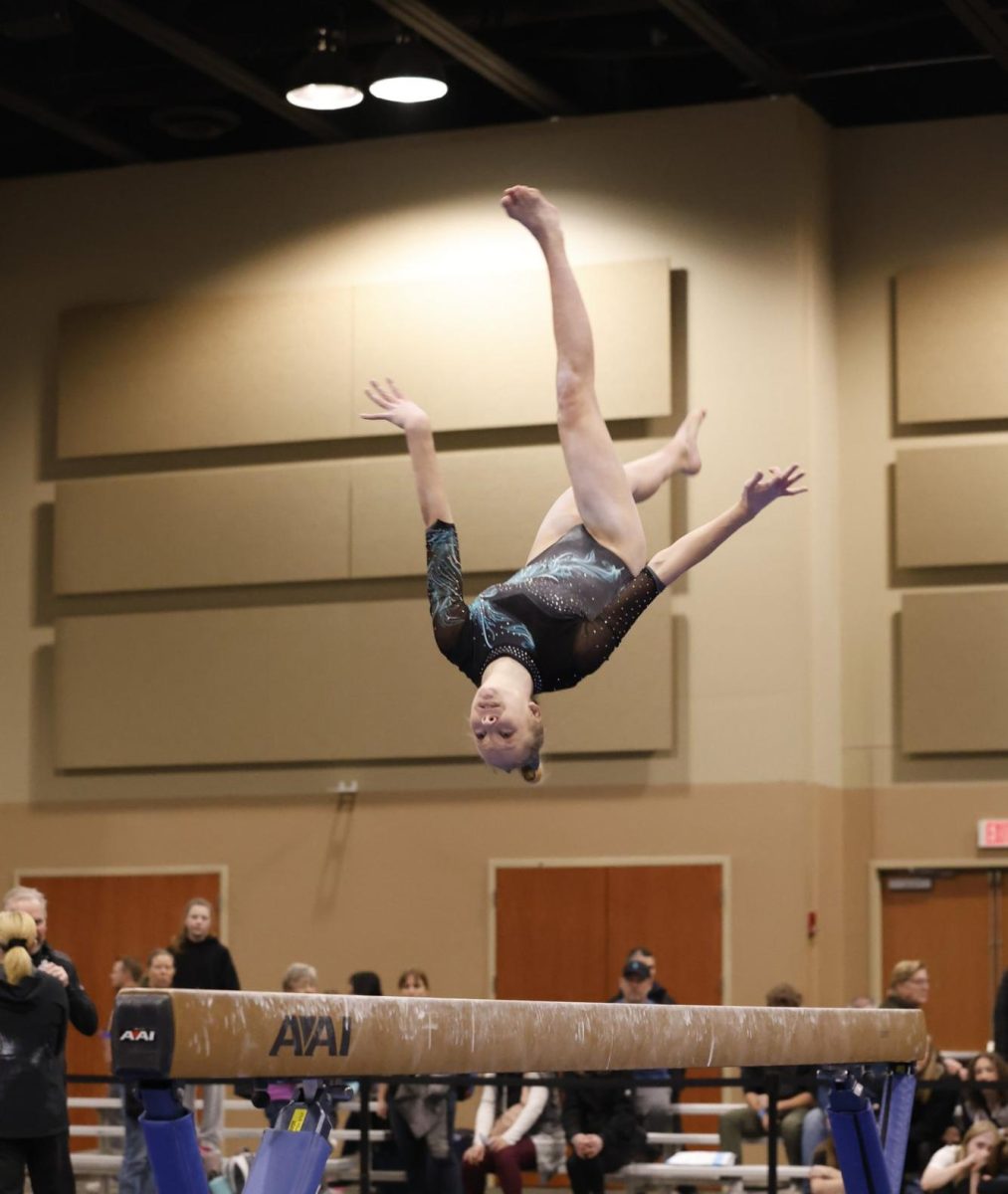

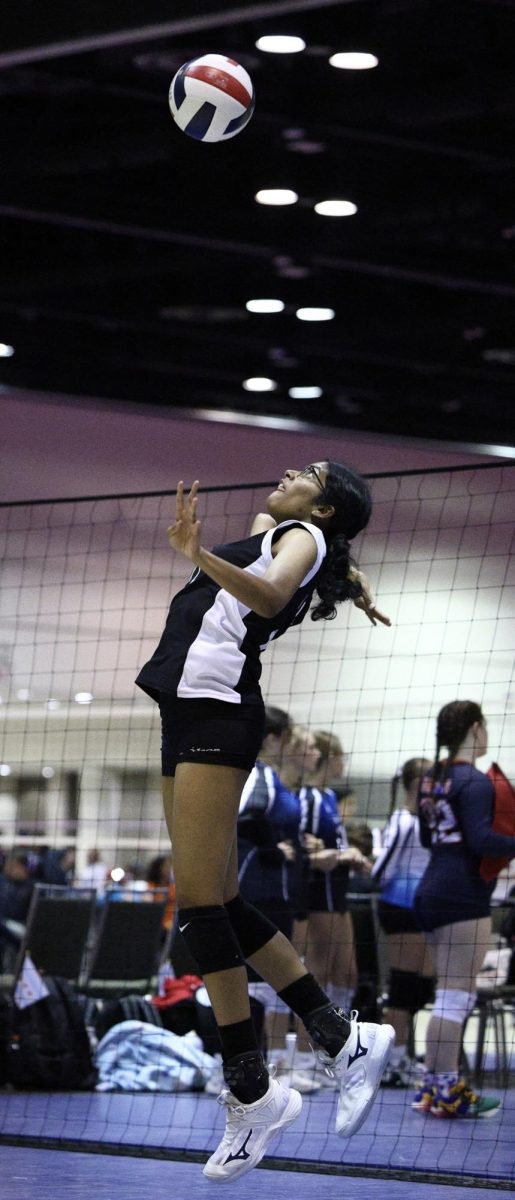
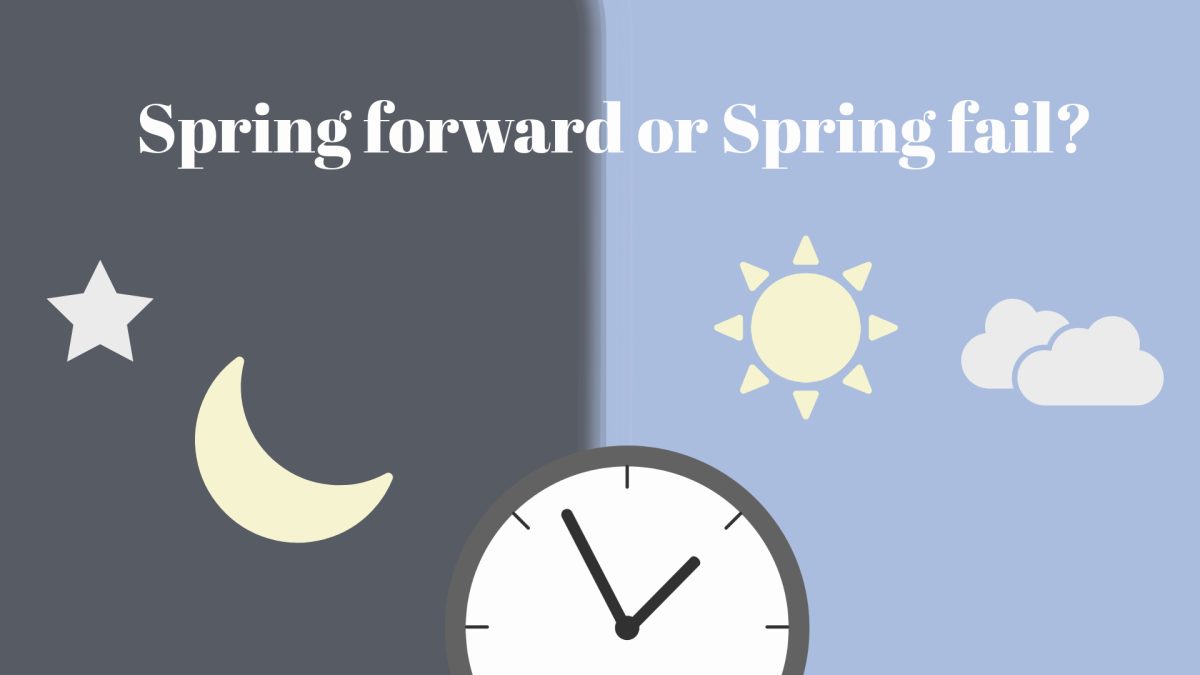







![Varsity girls soccer midfielder Leah Sheahan ‘24 hugs a friend during the Senior Night celebrations before the home game against Mountain Vista High School (MVHS) at Echo Park Stadium April 29. During Senior Night, seniors were given flowers and the opportunity to walk out and take pictures with their family as their future plans and favorite memories were announced over the speakers. The Jags tied 0-0, losing the Continental League Championship. “We were obviously the stronger team but just couldn’t find a way to score, but otherwise our connection and our intensity was really high so I’m proud of that. We just have to find the net,” defense midfielder Clara Geuzaine ‘24 said. “[Losing League] wasn’t the best. It’s better than last year and like, I know our team and we are doing really good. I don’t want to jinx it but like hopefully [we’ll do] good [in playoffs].”](https://rockmediaonline.org/wp-content/uploads/2024/05/Copy-of-DSC_4277-1-1200x868.jpg)

![In room 4101, Natalie Patterson ‘26, Ariana Magor ‘25 and Celina Salazar ‘25 create a poster in science teacher Kerry Reilly’s Chemistry Honors April 18. The three completed a worksheet and drawing to explain the implosion of a tank for their unit on gas laws. “At the start of class, we watched a video of the tank imploding,” Patterson said. “I think [making a drawing] is something new. I like more artsy activities.”](https://rockmediaonline.org/wp-content/uploads/2024/04/IMG_5019-1200x900.jpeg)


